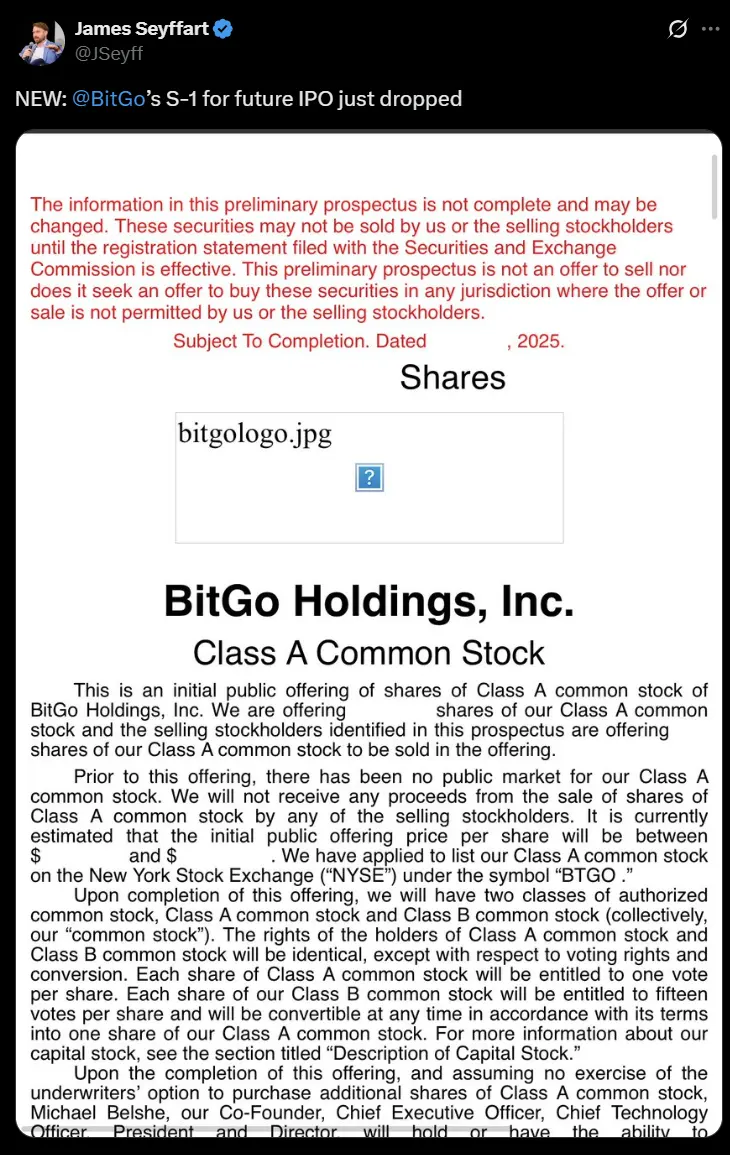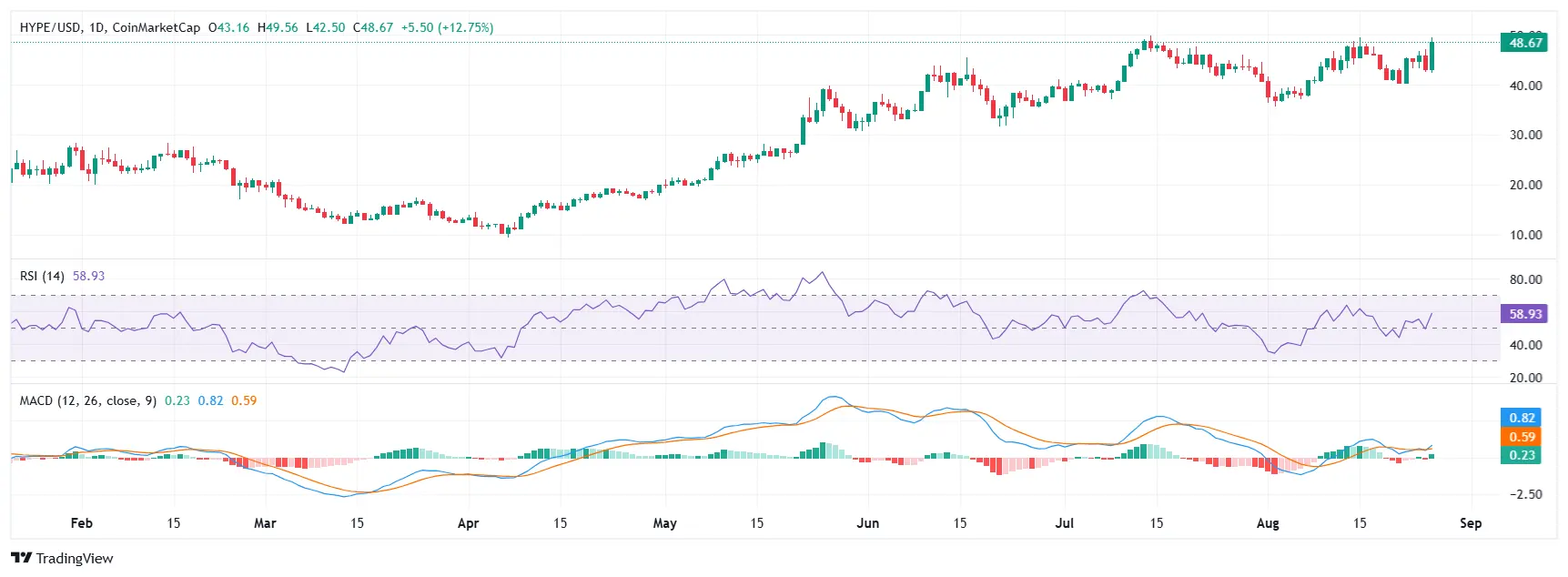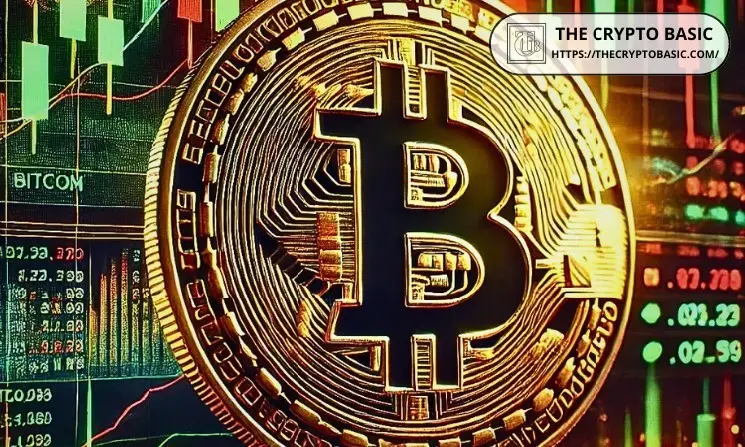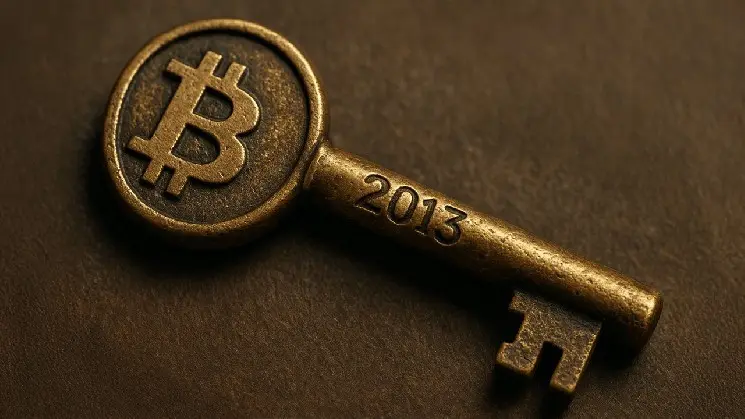Score
BitGo
United States
10-15 years
MTL License|
Digital Currency License|
MSB License|
Suspicious Overrun|
Medium potential risk
https://www.bitgo.com/
Website
Influence
A
Influence Index NO.1
United States 3.67
Biz Area
Search Statistics
Advertising
Social Media Index
Exchange License
NMLSRegulated
MTL License
NYSDFSRegulated
Digital Currency License
FinCENOver-Operation
MSB License
BitGo Exchange Info
WikiBit Risk Alerts
1MSB License goes beyond their business with the United States FinCEN license (License No.: 31000279438330), please be aware of the risk!

Website

Relationship Mapping

Social Media

Trade Type

Keywords

Time Machine

White Paper

Related Software

Github

Related Docs

All Corps

New Arrival
Trading statistics
Influence
Yesterday Vol
7 Days

Exchange Market Research
BitGo User Reviews
| Exchange Name | BitGo |
| Founded Year | 2013 |
| Regulatory Agency | NMLSNYSDFS |
| Cryptocurrencies Available | 600+ |
| Fees | 0.25% commission fees |
| Payment method | Bank Transfers, Credit/Debit Cards |
| Customer support | Phone: (650) 847-0009Email Address: sales@bitgo.comsupport@bitgo.comSocial media: Facebook, Twitter, Linkedin |
Overview of BitGo
Founded in 2013 by Mike Belshe and Ben Davenport, BitGo is headquartered in Palo Alto, USA, and was initially established to aid businesses engaged in frequent cryptocurrency transactions. Notable investors include Goldman Sachs, DRW Ventures, and Redpoint Ventures.
BitGo's pioneering multi-signature wallet led to the development of Threshold Signature (TSS) technology, enhancing security for other fintech enterprises through multi-party computational protocols (MPC). The platform supports 600+ coins via multi-signature and TSS protocols, offering reliable and secure financial services.
BitGo's infrastructure offers regulated custody, borrowing, lending, and cold storage through its Trust Company, established in 2018.
Pros and Cons
| Pros | Cons |
| Multiple available cryptocurrencies | A limited list of supported currencies |
| Many types of wallets to choose | No clear information on trading fees |
| Regulated by the NMLS and NYSDFS | |
| Comprehensive customer services |
Pros of BitGo:
Wide variety of available cryptocurrencies, accommodating diverse preferences.
Multiple types of wallets to choose from, enhancing user flexibility.
Regulated by the NMLS and NYSDFS, providing a level of oversight and compliance.
Comprehensive customer services, addressing a range of user needs and concerns.
Cons of BitGo:
Limited list of supported currencies, potentially restricting options for users.
Lack of clear information on trading fees, leading to uncertainty for traders.
Regulatory Authority
BitGo is regulated by the Nationwide Multistate Licensing System (NMLS) under the Regulation Number 1817802. The exchange is categorized as “Regulated” and holds an MTL License through its entity BitGo Trust Company, Inc.
Additionally, BitGo is also regulated by the New York State Department of Financial Services (NYSDFS) and operates under a Digital Currency License. However, the specific Regulation Number is not disclosed. The entity responsible for compliance in New York is BitGo New York Trust Company LLC.
These regulatory agencies oversee and monitor the operations of BitGo to ensure compliance with relevant laws and regulations within their jurisdictions. The licenses obtained by BitGo demonstrate the company's commitment to maintaining regulatory standards in the virtual currency exchange industry.
Security
BitGo employs multi-signature and Threshold Signature Scheme technologies to ensure enhanced security, transparency, and user confidence in safeguarding digital assets.
1. Multi-Signature Wallets:
- Multiple keys required for transactions.
- Enhanced protection and accountability.
- Transparent verification of authorized transactions.
- Backup keys prevent key loss risks.
2. Threshold Signature Scheme (TSS):
- Elevated security for select blockchains.
- Speedier coin integration, lower fees.
- MPC security for both cold and hot wallets.
3. User-Centric Approach:
- Addressing users' top concern – security.
- Proactive adoption of advanced protocols.
- Building trust through transparency and protection.
BitGo excels in securing digital assets, employing multi-signature and TSS technologies, and reflecting its commitment to user-centric security and accountability.
Cryptocurrencies Available
BitGo exchange supports a diverse range of cryptocurrencies from various blockchains. For instance, it facilitates popular cryptocurrencies like Bitcoin (BTC), Ethereum (ETH), Ripple (XRP), Litecoin (LTC), Bitcoin Cash (BCH), and many others. This broad support extends to over 600 coins, catering to a wide array of digital assets within the crypto ecosystem.
Fees
BitGo charges a fee of 0.25% for each outgoing financial transaction involving Bitcoin (BTC) and a fee of 1% for each transaction involving Bitcoin Gold (BTG).
Exchange Comparison
BitGo offers over 600 cryptocurrencies with a 0.25% commission fee for Bitcoin transactions and multiple wallet choices. Binance lists more than 350 cryptocurrencies with transaction fees under 0.10%, features a Secure Asset Fund for Users, and boasts a vast user base of over 12 million. Gate.io stands out with 1,400+ listed cryptocurrencies, supports deposits in 20+ fiat currencies, and provides an Earn on Deposits program, along with HODL and Earn options. Staking and earning opportunities are also available across these platforms.
| BitGo | Binance | Gate.io |
| 600+ Cryptocurrencies | - 350+ Cryptocurrencies Listed | - 1,400+ Cryptocurrencies Listed |
| 0.25% commission Fees for Bitcoin | - <0.10% Transaction Fees | - 12+ million users |
| - Also multiple choices of wallets | - Secure Asset Fund for Users | - Deposit using 20+ fiat currencies |
| - Staking service enables you to grow your crypto holdings | - Earn On Deposits | - HODL and Earn |
Pament Methods
BitGo, being a custodian for crypto assets, does not have traditional payment methods like credit cards or debit cards. Instead, they offer functionalities related to cryptocurrency payments:
Direct transfers from your own crypto wallet: You can send cryptocurrency directly from your crypto wallet to BitGo for transactions on their platform. This applies to services like custody or trading.
Third-party integrations: BitGo integrates with some third-party payment processors like BitPay, which enables users to pay for goods and services at merchants who accept BitPay using various cryptocurrencies.
Notional USD value billing: For specific BitGo platform transactions (e.g., sending Bitcoin), they might use a notional USD value for billing purposes. This value is calculated based on the BitcoinAverage and CryptoCompare rates at the time of the transaction, not on actual USD payments.
Utilize established cryptocurrency exchanges like Coinbase, Binance, Kraken, or Gemini to acquire your desired cryptocurrencies.
Once purchased, transfer your crypto from the exchange to your BitGo wallet for secure storage and management.
Connect with OTC desks or brokers who specialize in large block trades of cryptocurrencies.
Negotiate the purchase directly with the counterparty and settle the transaction using payment methods like fiat currency or other established assets.
Securely store your purchased crypto in your BitGo wallet after settlement.
Explore DeFi platforms offering features like swapping tokens, lending, and borrowing, potentially acquiring desired cryptocurrencies.
Ensure you understand the risks and complexities involved in DeFi before engaging in any activities.
Connect your BitGo wallet to compatible DeFi protocols to interact with them securely.
Some platforms integrate with BitGo, allowing for direct crypto purchases within their interfaces.
Research the specifics and reputation of such platforms before proceeding.
Ensure smooth compatibility between the purchase platform and your BitGo wallet for seamless transfer.
Custody wallets: Secure storage for large amounts of cryptocurrency assets.
Trading infrastructure: Tools and technology for building and managing trading platforms.
Compliance solutions: Tools to comply with regulations and mitigate financial crime risks.
Therefore, BitGo primarily relies on cryptocurrency transfers and integrations with third-party payment processors for facilitating payments on their platform.
Services
BitGo offers a versatile array of cryptocurrency solutions, including Hot Wallets for swift transactions, secure Custodial Wallets, borrowing services, and Self-Managed Cold Wallets. Users can engage in lending and stake coins for rewards, while NFT Wallets ensure safe token storage. The exchange also supports DeFi, Collateral Management, and Wealth Management, integrating with the Go Network. Developers can create tailored applications with BUILD, and BitGo's APIs enhance communication and integration. Overall, BitGo provides a comprehensive ecosystem catering to diverse crypto needs.
How to Buy Cryptos
1. Purchase on Cryptocurrency Exchanges:
2. Over-the-Counter (OTC) Trading:
3. Decentralized Finance (DeFi) Protocols:
4. Third-Party Integration Services:
Is BitGo A Good Exchange for You?
BitGo excels in providing security and infrastructure solutions for other exchanges. They offer features like:
Therefore, BitGo is best known for being a leading provider of security and infrastructure solutions for institutional investors and established cryptocurrency exchanges.
FAQs
Q: Where is my money stored?
A: BitGo uses a combination of cold storage (offline) and hot storage (online) wallets to store the cryptocurrencies.
Q: What are some notable investors in BitGo?
A: Notable investors in BitGo include Goldman Sachs, DRW Ventures, and Redpoint Ventures.
Q: What technological innovation did BitGo's multi-signature wallet lead to?
A: BitGo's pioneering multi-signature wallet technology led to the development of Threshold Signature (TSS) technology, which enhances security for fintech enterprises through multi-party computational protocols (MPC).
Q: How does BitGo enhance security for cryptocurrency transactions?
A: BitGo employs multi-signature and Threshold Signature Scheme (TSS) technologies to enhance security, transparency, and user confidence in safeguarding digital assets.
Q: What payment methods can users use on BitGo's platform?
A: BitGo offers various payment methods, including cryptocurrency deposits, bank transfers, credit/debit cards, and potentially third-party payment gateways.
BitGo User Review
User 1:
BitGo's security is top-notch! I sleep well knowing my crypto is in multi-signature wallets and protected by Threshold Signature tech. Plus, they're regulated by NMLS and NYSDFS, adding peace of mind. The interface is clean and user-friendly, but more coins would be awesome. Customer support is quick to answer queries. Fees are reasonable, but they need to be transparent about trading costs. On the downside, withdrawals took a bit longer than expected. Overall, thumbs up for BitGo's secure vibe!
User 2:
Yo, BitGo is a mixed bag. Props for security – multi-signature wallets and TSS, gotta love it. But, listen up, their crypto options ain't expansive. Also, they're all about regulations, but privacy-wise, I'm unsure. The platform's UI is slick, but sometimes it's like a maze. Liquidity's decent, but fees, man, they need to be upfront about 'em. Customer support? Average, nothing flashy. Withdrawals ain't lightning-fast, and I'd love more order types. Stability-wise, no major hiccups so far. It's cool, but some tweaks are needed!
Risk Warning
Cryptocurrency exchange investments come with inherent security risks. It is important to be aware of these risks before engaging in such investments. Cryptocurrency exchanges are susceptible to hacking, fraud, and technical glitches, which can result in the loss of funds. It is recommended to choose reputable and regulated exchanges, stay updated on security measures, and be vigilant in detecting and reporting any suspicious activities. Please ensure that you understand the risks involved and note that the information contained in this article is for general information purposes only.
2025-10-30 00:03

2025-10-11 10:02

2025-08-28 00:02

2025-07-22 20:00

2025-07-11 22:02

2025-06-06 18:04

2025-05-12 18:01

2025-03-30 06:03

2024-12-29 18:04

 Company Name
Company Name Phone of the company
Phone of the company Company Website
Company Website X
X Facebook
Facebook Customer Service Email Address
Customer Service Email Address
73 ratings
View all comments